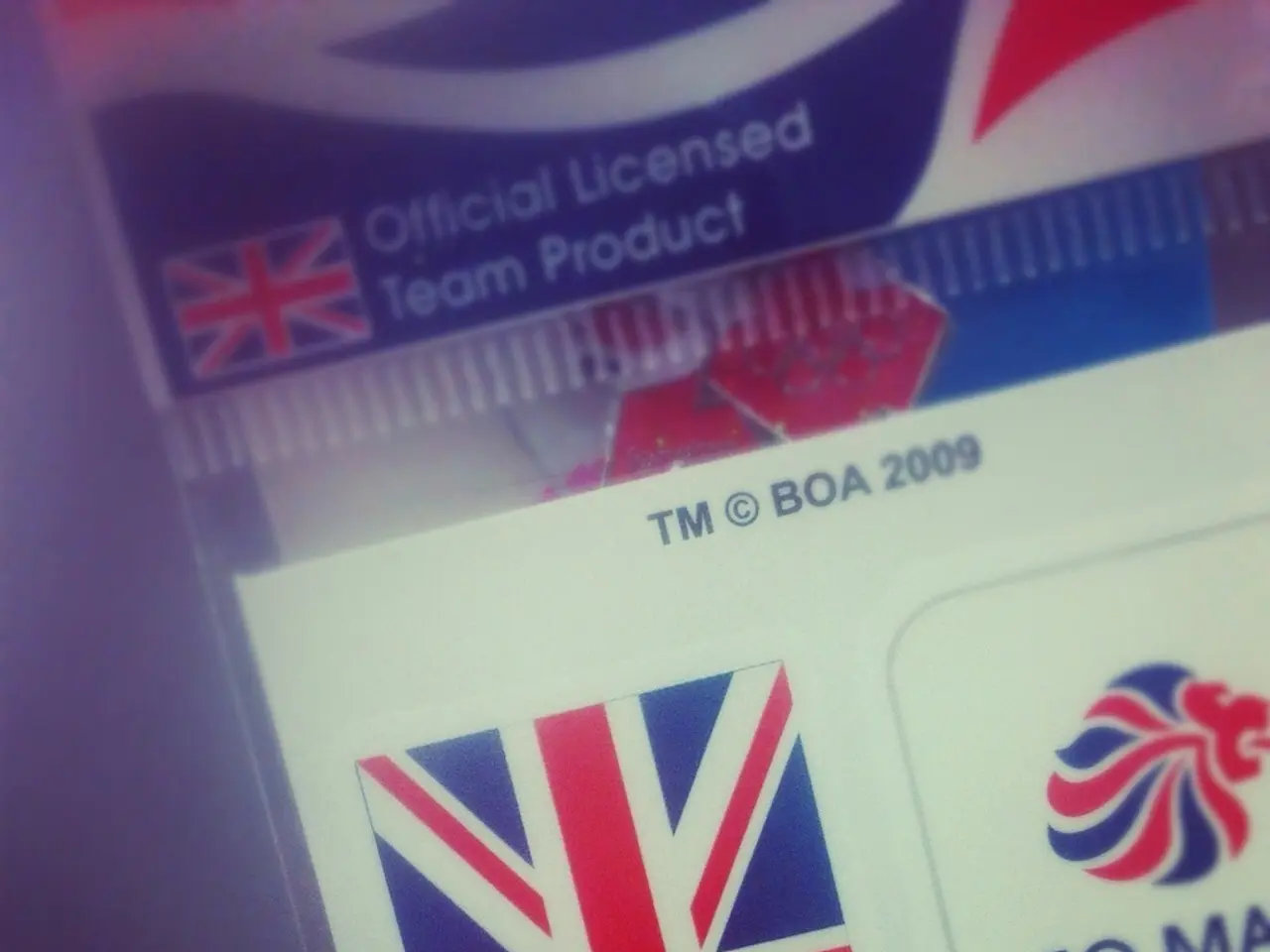EU Citizenship through Descent in 2025: Comprehensive Handbook
European Union Citizenship by Descent: A Comprehensive Guide
In the ever-evolving landscape of global citizenship, one trend that stands out is the European Union's (EU) approach to citizenship by descent, also known as jus sanguinis. This system, which grants citizenship based on bloodline connections, is a significant aspect of many EU countries' nationality laws.
France, Germany, Italy, Ireland, Poland, Portugal, and several other EU member states adhere to this principle. For instance, France applies the principle of jus sanguinis, as does Belgium, Austria, and the Netherlands. In Belgium and Ireland, the application is particularly broad, while Germany grants citizenship at birth if you were born to at least one German parent.
Sweden, Denmark, and Finland follow a similar path, with Swedish citizenship granted at birth if your mother was a Swedish citizen, and Denmark and Finland offering the same privilege if your parents are Danish or Finnish, respectively.
Cyprus, Malta, and Estonia also offer citizenship by descent, with Cyprus granting it if at least one of your parents was a Cypriot citizen at the time of your birth. Malta's citizenship by descent is generally available if you're a direct descendant of an ancestor born in Malta to a parent who was also born in Malta. Estonia grants citizenship by descent if at least one parent is an Estonian citizen at the time of the child's birth.
Italy recently introduced a legal decree (No. 36/2025) that limits new claims to descendants of a parent or grandparent born in Italy and outlines a shift to a centralised application office. This change aims to streamline the process and make it more accessible.
However, obtaining EU citizenship by descent can be complex and lengthy, with official steps sometimes taking many months or longer. Gathering the right paperwork, like old family records, can be a hurdle, and they will often need official verification.
The process can be faster, cheaper, and more meaningful for those with European ancestry, as it offers the freedom to live, work, and study in 31 EU countries, plus access to Iceland, Norway, Liechtenstein, Switzerland, and the UK.
Each EU country's legal rules for citizenship require careful understanding. For example, Greece grants Greek citizenship if you can prove descent from a Greek citizen ancestor, while Spain's citizenship law incorporates jus sanguinis and has rules for descendants, especially the 'Democratic Memory Law'.
Some countries, such as Portugal, have unique laws granting citizenship to descendants of Sephardic Jews expelled from Portugal centuries ago, but applicants must show a strong, ongoing connection to Portugal.
Each EU country permits dual citizenship, except for countries with specific nuances or restrictions will be explained. For instance, Luxembourg permits citizenship by descent, with specific laws for certain paternal lines or those who pre-qualified before December 31, 2018, having deadlines for initial applications.
Slovakia permits citizenship by descent if a parent, grandparent, or great-grandparent was a Czechoslovak citizen born in the territory of what is now the Slovak Republic. Similarly, Lithuania offers citizenship by descent to individuals who have a parent, grandparent, or great-grandparent who was a citizen of Lithuania prior to June 15, 1940.
Latvia permits dual citizenship with EU, EFTA and NATO member states, as well as Australia, Brazil, and New Zealand, for descendants of Latvian exiles. Bulgarian citizenship can be acquired if at least one parent is a Bulgarian citizen.
Croatia's citizenship laws are rooted in jus sanguinis, and Hungary simplifies the naturalisation procedure for descendants with Hungarian ancestry.
As CBD gains attention in 2025, more countries are streamlining the process, making it easier for individuals with European ancestry to claim their rightful place in the EU.
Read also:
- Peptide YY (PYY): Exploring its Role in Appetite Suppression, Intestinal Health, and Cognitive Links
- Toddler Health: Rotavirus Signs, Origins, and Potential Complications
- Digestive issues and heart discomfort: Root causes and associated health conditions
- House Infernos: Deadly Hazards Surpassing the Flames








